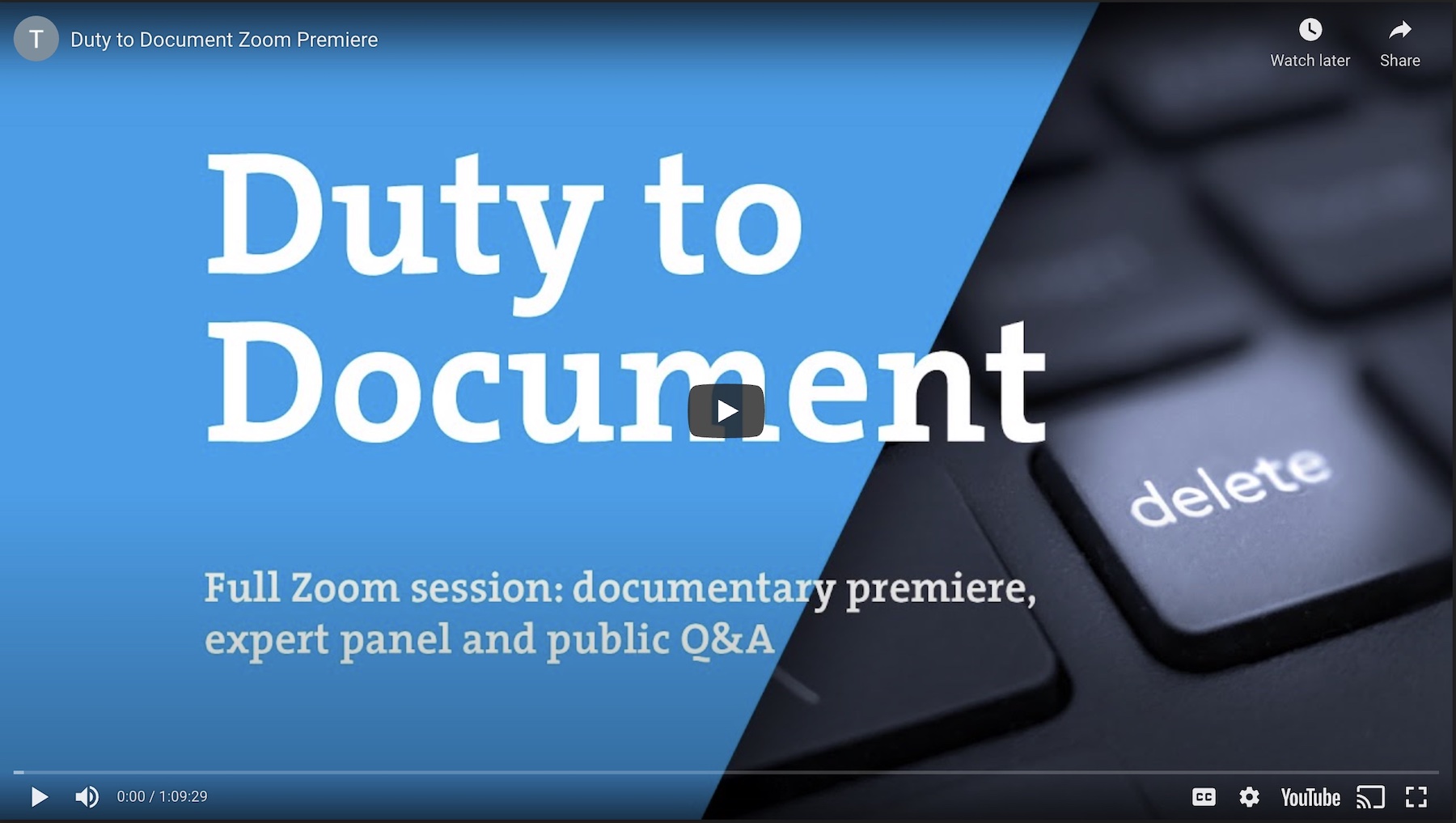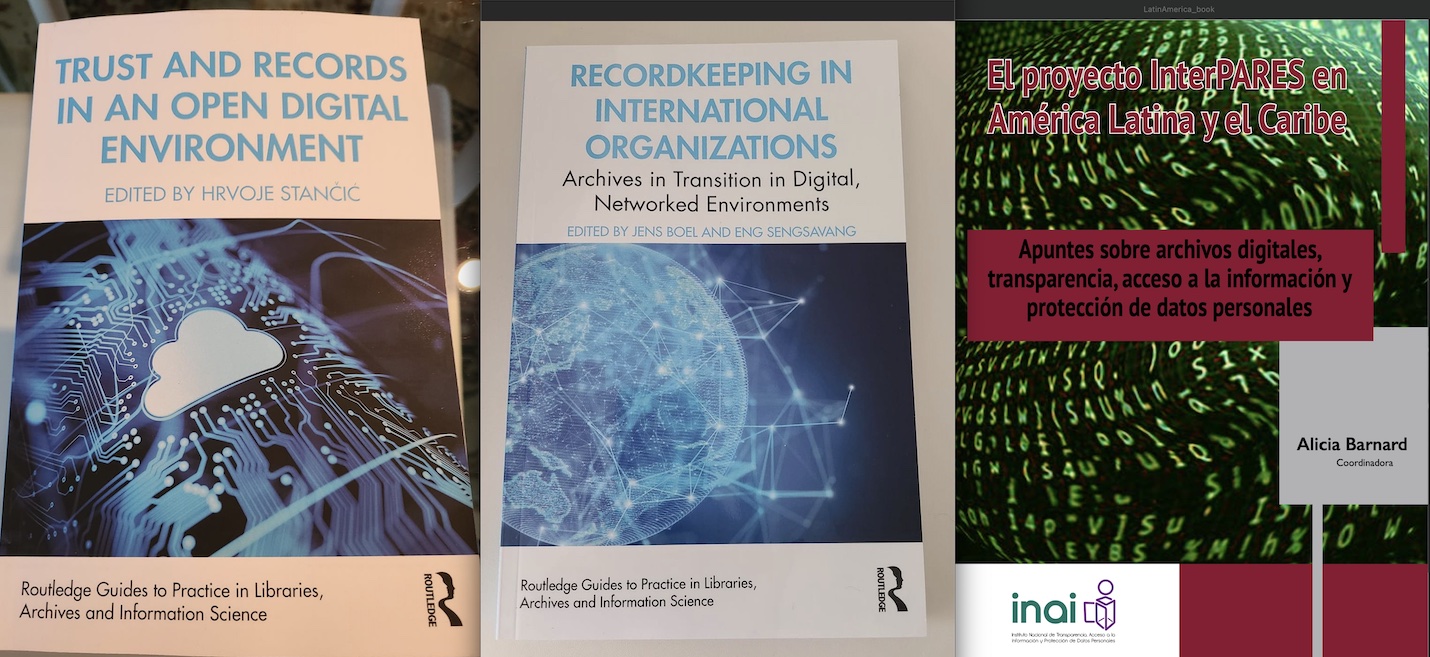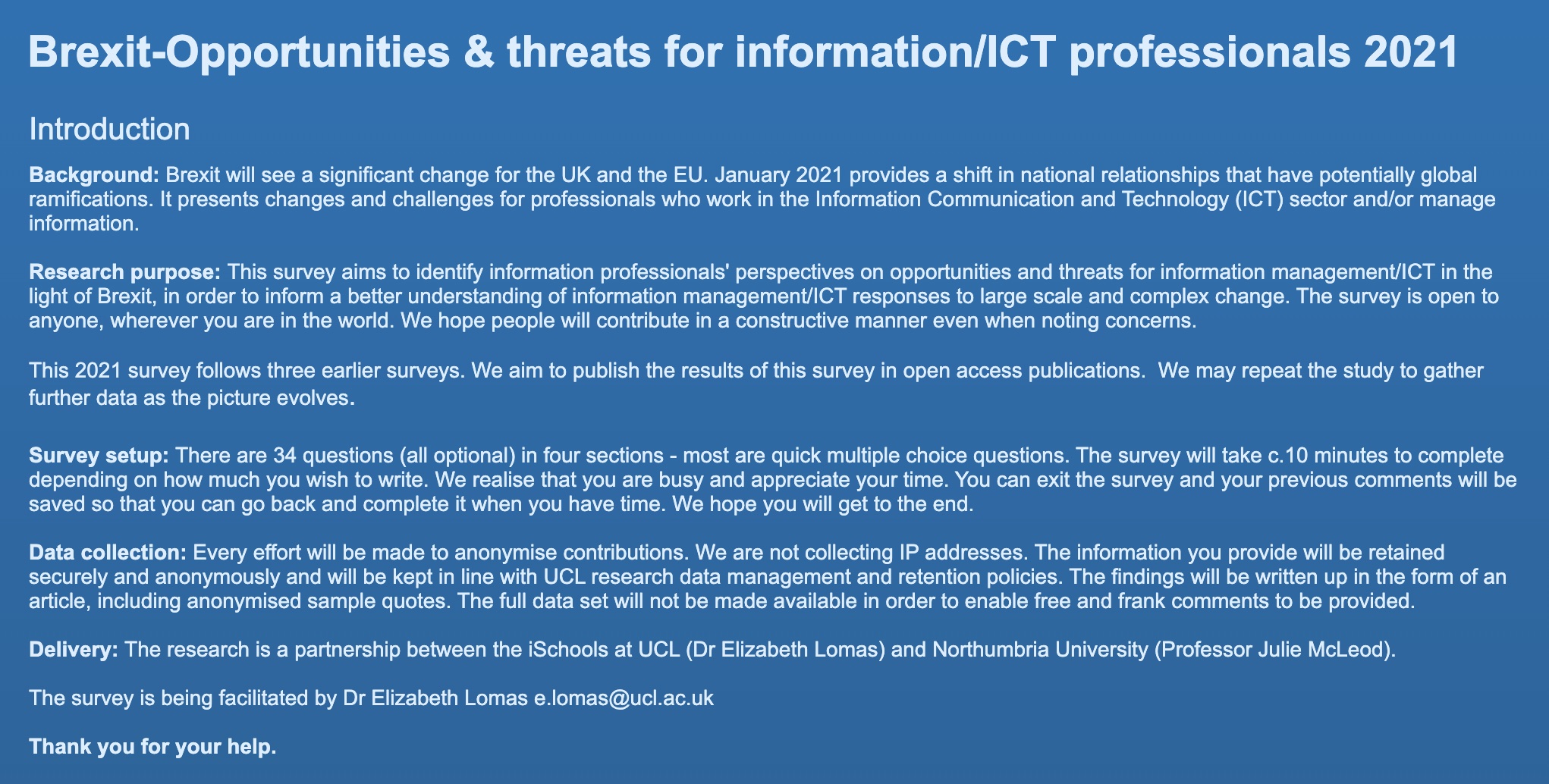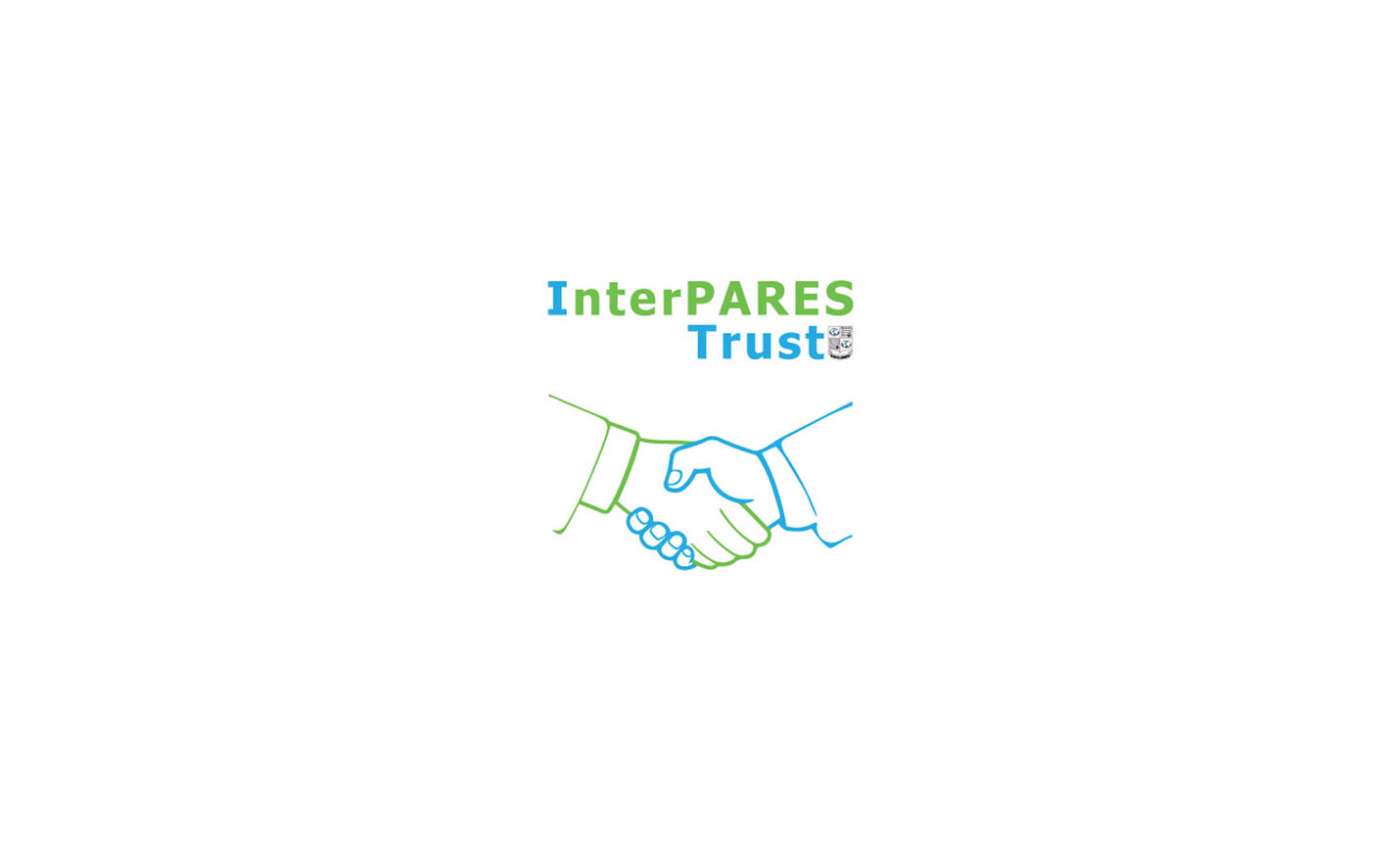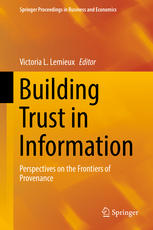 Archivists are taught from the beginning of their training about the foundational nature of the principle of provenance in archival theory – the idea that the records of a creator should be kept together and not mixed with those of another creator. However, the concept of provenance does not belong solely to archival theory – it is a concept with complementary but distinct meanings in many disciplines.
Archivists are taught from the beginning of their training about the foundational nature of the principle of provenance in archival theory – the idea that the records of a creator should be kept together and not mixed with those of another creator. However, the concept of provenance does not belong solely to archival theory – it is a concept with complementary but distinct meanings in many disciplines. A new book, “Building Trust in Information: Perspectives on the Frontiers of Provenance” edited by Victoria Lemieux (World Bank Group, University of British Columbia, InterPARES Trust) explores different disciplinary perspectives on provenance with the goal of building trust in information.
The book reports on the results of an interdisciplinary and multidisciplinary workshop¹ on provenance, supported by InterPARES Trust, that brought together researchers and practitioners who work at the frontiers of new knowledge on provenance. They came from diverse areas including archival science, law, information science, computing, forensics and visual analytics. Each of these fields understands the meaning and purpose of representing provenance in subtly different ways. The aim of this book is to create cross-disciplinary bridges of understanding with a view to arriving at a deeper and clearer perspective on the different facets of provenance and how traditional definitions and applications may be enriched and expanded via an interdisciplinary and multidisciplinary synthesis. This volume brings together all of these developments, setting out an encompassing vision of provenance to establish a robust framework for expanded provenance theory, standards and technologies that can be used to build trust in financial and other types of information.
Ten chapters are organized in sections representing the following perspectives: archival, library and information science, computer science, and cognitive science through the lens of visual analytics. Following a synthesis article by Lemieux (“Provenance: Past, Present and Future in Interdisciplinary and Multidisciplinary Perspective”), archival perspectives are represented by Adrian Cunningham (“Describing Archives in Context: Peter J. Scott and the Australian ‘Series’ System”), Giovanni Michetti (“Provenance: An Archival Perspective”), and Kenneth Thibodeau (“Research Issues in Archival Provenance”). This is followed by library and information science perspectives: Lucie C. Burgess (Provenance in Digital Libraries: Source, Context, Value and Trust”) and Joseph T. Tennis (“Conceptual Provenance in Indexing Languages”). Computer science perspectives are presented by Bertram Ludäscher (“A Brief Tour Through Provenance in Scientific Workglows and Databases”) and Paolo Missier (“The Lifecycle of Provenance Metadata and Its Associated Challenges and Opportunities”). The final section presents cognitive science perspectives through the lens of visual analytics: Margaret Varga and Caroline Varga (“Visual Analytics: Data, Analytical and Reasoning Provenance”) and Ashley Wheat, Simon Attfield, and Robert Fields (“Analytic Provenance and Distributed Sensemaking”).
This book promises to be a groundbreaking volume in a critical area of study. The book can be purchased as an e-book directly from SpringerLink.
____________
¹List of participants at workshop, held May 2015, Washington, D.C.
Lucie Burgess, Bodleian Library, Oxford, UK
Ken Cavelier, University of British Columbia, Vancouver, Canada
Adrian Cunningham, Queensland State Archives, Brisbane, Australia
David Dubin, University of Illinois-Urbana Champagne, Illinois, USA
Luciana Duranti, University of British Columbia, Vancouver, Canada
Larry Lannom, Corporation for National Research Initiatives (CNRI), Reston, VA,USA and Research Data Alliance
Victoria Lemieux, University of British Columbia, Vancouver, Canada
Bertram Ludäescher, University of Illinois-Urbana Champagne, Illinois, USA
Giovanni Michetti, Sapienza University of Rome, Rome, Italy
Paolo Missier, Newcastle University, Newcastle upon Tyne, UK
Corinne Rogers, University of British Columbia, Vancouver, Canada
Joe Tennis, University of Washington, Seattle Washington, USA
Ken Thibodeau, US National Records and Archives Administration (retired) andUS National Institute of Standards and Technology, Washington, DC
Margaret Varga, Seetru Ltd., Bristol, UK and Oxford University, Oxford, UK
Ashley Wheat, Middlesex University, London, UK
© Springer International Publishing Switzerland 2016
V.L. Lemieux (ed.),
Building Trust in Information, Springer Proceedings
in Business and Economics, DOI 10.1007/978-3-319-40226-0


